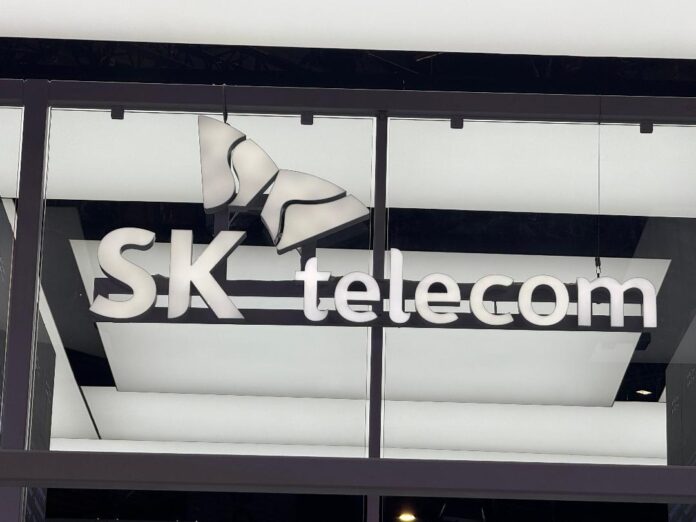As part of the agreement, SK Telecom will contribute operational data and nationwide test environments
In sum – what to know:
Samsung and SKT sign a 6G-focused MOU – Collaboration targets AI-RAN advances such as channel estimation, distributed MIMO and next-generation schedulers to improve performance and automation.
AI-based techniques move into real-world testing – Samsung leads model development while SK Telecom provides operational data and nationwide test environments to validate technologies in live network conditions.
Both companies deepen roles in the AI-RAN Alliance – Their joint AI-based channel estimation proposal was approved as an official work item, strengthening their influence on global 6G standardization.
Samsung Electronics and SK Telecom have signed a Memorandum of Understanding (MoU) to accelerate the development of core 6G technologies, with a central focus on AI-driven radio access network (AI-RAN) innovation.
As part of the collaboration, the two South Korean companies will research and validate multiple foundational 6G technologies, including AI-based channel estimation, distributed MIMO transmission, AI-RAN scheduling frameworks and advanced core network architectures. The effort will be led by Samsung Research and the carrier’s network technology office.
The pair noted that AI-based channel estimation leverages machine learning models to predict and correct wireless signal behavior in real time, improving network reliability in environments where radio waves are disrupted by physical obstacles. Distributed MIMO enables several base stations or antennas to coordinate simultaneously, ensuring more robust and higher-capacity communications across both densely populated and remote regions. Meanwhile, AI-enhanced schedulers and core networks optimize when and how data moves through the system, ensuring efficient resource use even under heavy traffic conditions, they added.
Within the partnership, Samsung will develop AI-RAN solutions such as channel estimation models, scheduling engines and distributed MIMO techniques, while SK Telecom will contribute operational data and nationwide test environments. Both firms are also jointly active in the AI-RAN Alliance, where they recently secured approval for an AI-based channel estimation work item.
“Through field-focused collaboration with SK Telecom, we will be able to verify the effectiveness of AI-based wireless technologies in real-world settings and secure key AI-RAN technologies at an early stage,” said JinGuk Jeong, executive vice president and head of the Advanced Communications Research Center (ACRC), Samsung Research at Samsung Electronics. “We hope that continued collaboration between our companies will help pave the way for the rollout of 6G.”
“The convergence of AI and wireless communications will be crucial to 6G competitiveness,” said Takki Yu, vice president of SK Telecom network technology office. “Through our collaboration with Samsung Electronics, we plan to secure world-class AI-RAN-based 6G technologies and lead the global 6G ecosystem.”
Korean carrier KT recently started testing artificial intelligence–based radio access network (AI-RAN) technology on its live 5G network, becoming the first operator in South Korea to do so, according to local press reports.
In its initial deployment, KT said it was trialing two AI-driven features. The first is channel estimation, which applies machine learning to interpret complex radio wave patterns and reduce data loss. The second feature, multi-user MIMO, allows base stations to send data simultaneously to several users on the same frequency and time slot. Together, these functions are designed to deliver higher throughput, more stable connections, and faster speeds for end users.

